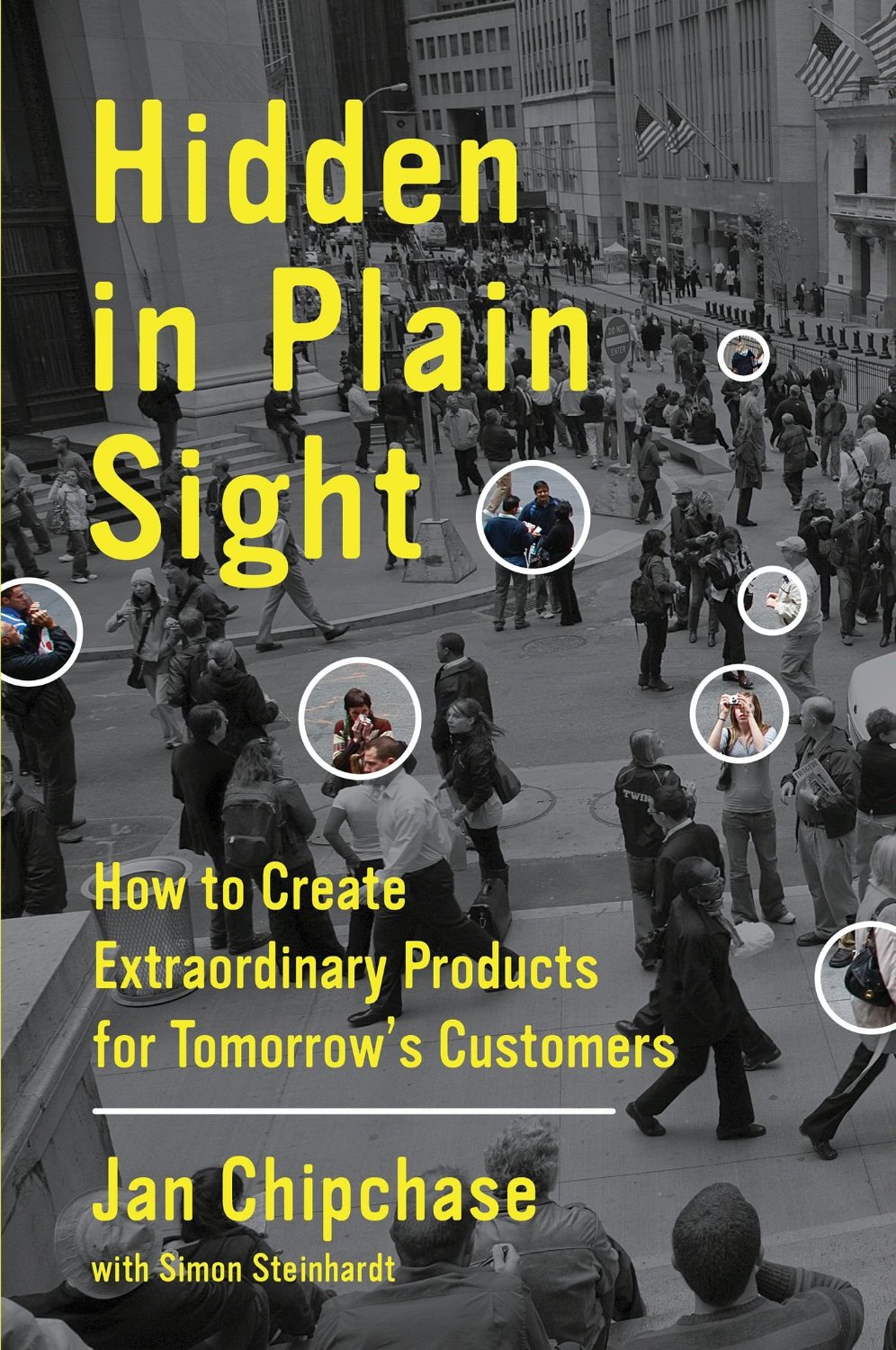Chipchase once again talked about the 3 important things we need to have with us: phone, keys, and money. In this chapter, he further analyses the psychological reasons behind them. A few concepts he brought up: range of distribution, center of gravity, point of reflection and ‘strings of the networking yo-yo’.
It is interesting how the range of distribution can vary among countries, which is essentially the range of distance people are comfortable to let their belongings stay unattended or unsafe. In his example, Chipchase brought up an example of a girl in Shanghai. She wouldn’t let go of her purse for a second, as she has generated this habit through the fears of being robbed. However, in other countries like the UK, people would feel free to leave their bags unzipped, but there are still certain circumstances when they feel protective of their belongings.
Center of gravity is a place where most of the important things people carry around would gravitate to. Phones, wallet, keys are usually placed on a visible and easily accessible table. these places are the first place we would look for if we are finding anything.
Point of reflection, definitely what I do every day before I leave home. Patting my pockets and ticking the list I have in my head to check if I brought everything out. It is a plus if the certain product has the function to allow users to check back on what they have in a more accessible and effective manner. A good point to consider when designing products.
From what I understand, the concept of a networking yo-yo is similar to that of range of distribution. It shows the threshold level of a user on certain products, especially when he loses it or have it left somewhere far from him. Depending on the function of the product, the threshold level of the yo-yo string (how reliable the user is on this product) has to be adjusted.
